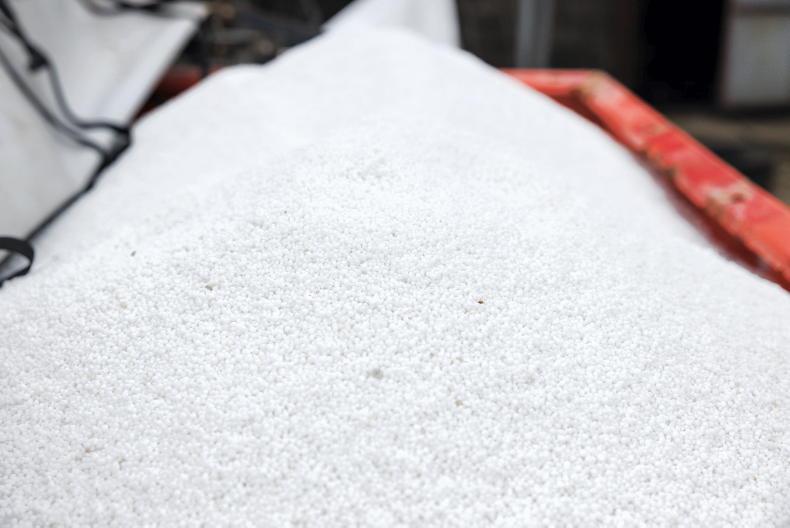If you were to just look at where the price of a barrel of crude oil started the year and where it is ending, you'd be forgiven for thinking 2022 was rather a dull time in energy markets.
Rather than doing a postmortem of what was a crazy year in energy, this article will take a look at what might drive the oil price in 2023.
Growth: This is the big mover of oil prices. If the global economy is expanding, then, all other things being equal, there will be an increase in the demand for, and the price of, energy. Right now, the prospects don't seem brilliant on this front, with the International Monetary Fund recently warning that "the worst is yet to come, and for many people 2023 will feel like a recession".
Ukraine: The biggest driver of the energy shock was Putin's invasion of Ukraine and the subsequent ending of energy imports from Russia. This, no matter what happens, is likely to weigh less on energy prices next year, as global supply chains complete their adjustment - India and China have increased purchases from Russia, allowing Middle East production to be rerouted to Europe.
OPEC and US: The oil production cartel, OPEC, has not been hugely successful in controlling the price of oil this year and there is little reason to expect its pricing moves will have any more success in 2023. The US - not a member of OPEC - has released oil from its strategic reserves in 2022 in an attempt to lower prices. If oil does drop in 2023, US buying to refill those reserves may stop it falling too far.
Europe: The ban on Russian crude imports came into effect on 5 December and a ban on oil products, such as diesel, will enter force on 5 February. While this may have some effect on fuel prices early in the new year, the long lead time on the ban means that suppliers should have found other sources by then.
Ireland: For consumers, there is a sting in the tail should oil prices remain lower next year. Currently, the Government cut in excise duty on petrol and diesel is set to expire in February, with the 9% VAT rate set to return to 13% on the same day. An extension of those measures seems likely, but if oil prices do continue to drop, there may be a sting in the tail from the restoration of VAT and excise to the old levels.
Overall, it seems likely that 2023 will be a somewhat calmer year in energy markets, but any drop in prices would have to be long and sustained before consumers and businesses feel the full effects.









SHARING OPTIONS